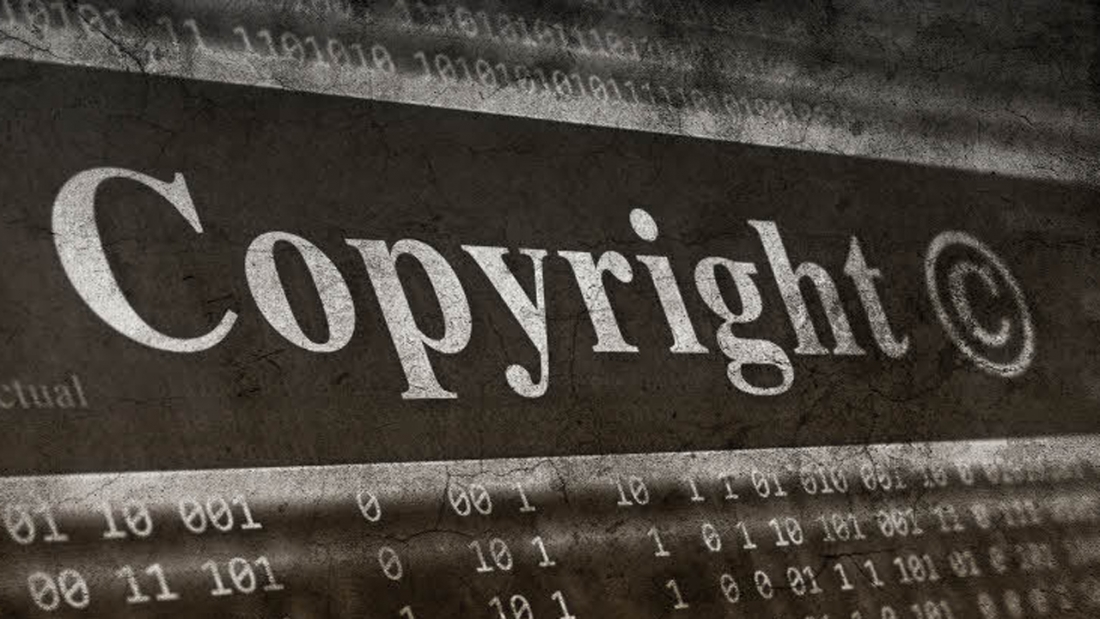The Internet as we know it today - or at least, many of the pictures that make up the web - may look vastly different if the Joint Photographic Experts Group (JPEG) moves forward with an initiative it recently put on the table.
The committee is essentially considering bringing digital rights management (DRM) to the standard JPEG format. The idea is to improve privacy and security by encrypting metadata about a photo such as where and when it was taken. Doing so, however, could severely limit your ability to copy and even open some photos.
The JPEG 2000 standard already exists with DRM options in place although it's primarily used by professionals in the medical field, the movie industry and so on.
The committee recently held a meeting in Brussels which was attended by a member of the Electronic Frontier Foundation (EFF). The EFF rep attempted to convince the committee that DRM for JPEG would be a bad idea, citing comments from cryptographers that DRM doesn't work, pointing out how it could infringe on users' legal rights over a copyrighted work and how it would make standardization more difficult.
The EFF is quick to point out that some sites including Facebook and Twitter already strip out all metadata from image uploads. This of course helps with privacy but it also eliminates useful information as it relates to authorship and licensing.
That's not to say that there is no place for privacy and cryptography in the JPEG format. The EFF said it would like to see the committee continue to work on the Public Key Infrastructure (PKI) for JPEG images that would allow for some improvements in privacy and security.
Image courtesy spaxiax, Shutterstock
